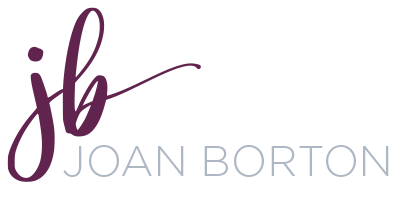Yesterday I had the privilege of being a guest on the radio show/podcast Hope for the Caregiver. In my conversation with host Peter Rosenberger, I recalled a scenario from our early years of marriage. I was scheduled to sing special music at our church’s evening service. I don’t remember what happened, but earlier in the week I injured my foot or ankle and was using a cane for support.
Thinking ahead, I wondered if I could switch weeks with someone else who did special music. I just didn’t want to walk up the steps to the stage using a cane. Without thinking it through, I shared this thought with my husband, the man who lives every day of his life with a visible disability. His response?
“Why is it ok for me to be in front or in public in my wheelchair, but not ok for you to be seen with your foot wrapped and walking with support?”
I don’t know if you have ever been asked a question like that. If you have, please tell me how you answered. Because I couldn’t come up with anything.
That was one of the first times I became aware of “caregiver pride.” I did not feel cheated that my husband had a disability. Subconsciously, my ego was fed by being the caregiver, the one who helped my husband overcome and shine. I enjoyed hearing comments from others about “how lucky” Jerry was to have me in his life. But now you want me to show the world (or at least the 200 people who attended) that I too have a weakness or vulnerability?
Even as I write and re-read those sentences, I cringe at the ugliness of sin behind them. I wish I could say that is the only time I understood my brokenness as revealed in caregiving, but it is not. Now twenty-five years in, I am quicker to catch that thought when it tries to rear its ugly head, but not always.
There are two strategies I’ve used to help me combat caregiver pride:
1) Honesty—with God, my husband, myself and one or two close friends. I need a safe place to come clean with how I am doing as a caregiver. I need to allow God to take the ugliness and replace it with His grace. When my husband uses the gifts, talents, and abilities endowed in him by our Creator God, I rejoice and remember it is God who equipped him, not me. I need to to share openly with a friend the struggle and invite them to pray for me.
2) Accountability—before God, my husband, myself and a friend. This sounds much like #1, but it goes a step further. Here I ask for help (the antithesis of caregiver pride) to keep the sin in check. I allow others to point out pride when they see it creeping back into my life. I let others love me even as they help me recalibrate my focus and attitude.
What about you? Have you found your role as a caregiver revealing something about yourself? I am not asking you to air your dirty laundry here, but is there a story or example you can share? We caregivers need one another and we need to know we are not alone.

Photo by Pixabay on Pexels.com

